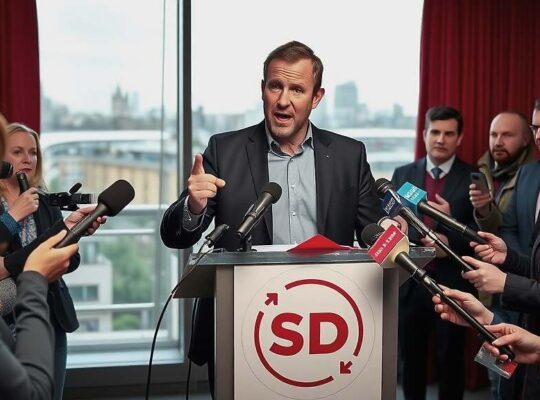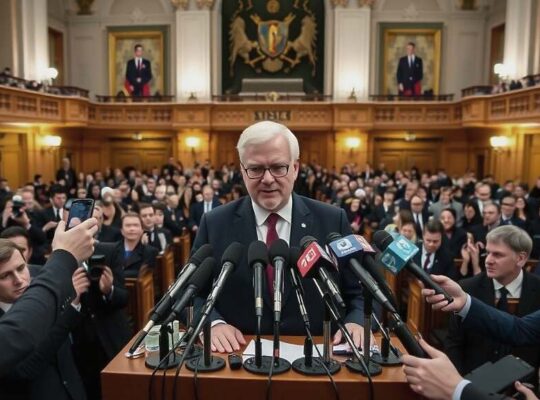The ongoing debate surrounding Germany’s Gebäudeenergiegesetz (GEG), particularly the contentious 65-percent renewable energy requirement for new heating systems, is sharply dividing the governing coalition and facing fierce opposition. While the Social Democratic Party (SPD), led by figures like energy policy spokesperson Nina Scheer, remains steadfast in defending the existing mandate, the Christian Union (CDU/CSU) is pushing for its complete abolition, raising fundamental questions about Germany’s climate strategy and the political fallout of escalating energy costs.
Scheer’s argument centers on the vulnerability exposed by the 2022 energy price crisis, emphasizing the inherent risks of reliance on fossil fuels. She argues that those questioning the 65-percent threshold have a responsibility to propose viable alternatives that guarantee security, environmental sustainability and affordability – alternatives currently lacking. Minister for the Environment, Carsten Schneider (SPD), echoes this sentiment, reaffirming the party’s commitment to the existing regulation.
However, the coalition agreement, while pledging to “abolish the heating law” and introduce a more “technology-open, flexible and simple” GEG, also commits to continued funding for renovation and heating systems, implying a nuanced approach. The emphasis on CO2 reduction as a central guiding principle suggests a shift away from prescriptive mandates towards performance-based targets. Yet, the CDU/CSU argue the 65-percent requirement is an unnecessary bureaucratic hurdle. Andreas Lenz, energy policy spokesperson for the Christian Union, insists the “regulation is inappropriate” and should be scrapped, advocating for simplifications and a framework devoid of “prohibitions and restrictions.
This debate highlights a deeper political tension. The CDU/CSU’s push for deregulation resonates with concerns about affordability and the burden placed on homeowners. Andreas Jung, CDU’s deputy chairman, underscored the party’s commitment to maintaining climate goals while rejecting the current “heating law” – a clear attempt to appease a public wary of mandated system changes.
The intensifying disagreement arrives amid persistent failures of the building sector in meeting climate targets enshrined in the Federal Climate Protection Act. The “Effort Sharing Regulation” of the EU adds further pressure, threatening financial penalties should Germany fail to significantly reduce emissions from buildings.
The current impasse exposes a fundamental disagreement over how best to achieve Germany’s climate objectives – whether through rigid mandates that risk alienating the electorate or a more flexible approach that risks compromising long-term environmental commitments. The outcome will have significant ramifications for Germany’s energy landscape, its political stability and its contribution to the global fight against climate change.












